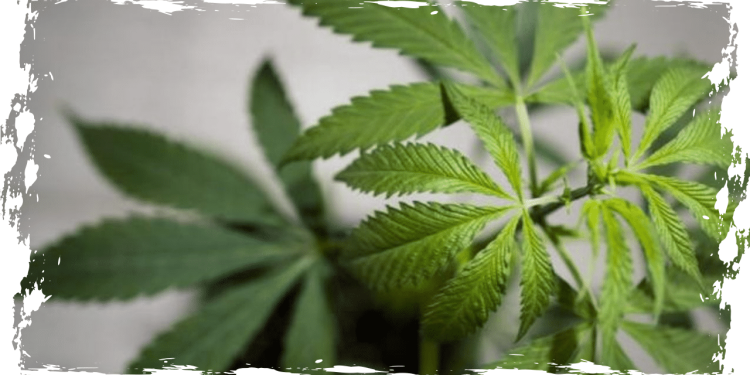The House version of the farm bill includes a prohibition on the sale of hemp products that can cause intoxication.
If the amendment successfully passes through a deeply divided Congress and a polarized House, it would mark the end of America’s short-lived venture into nationwide legalization of cannabis.
Rep. Mary Miller (R-Ill.) has introduced language in the House version of the farm bill that effectively reverses a significant legal change made by an all-Republican coalition in the 2018 farm bill.
The previous bill significantly simplified the process for American farmers to cultivate nonintoxicating varieties of cannabis, referred to as “hemp” in the law, for both industrial and medical purposes.
A thriving market for cannabis products, both intoxicating and non-intoxicating, has emerged in the United States over the past six years. This is due to the vague wording of the law and the fact that hemp and marijuana, which are functionally the same plant, are treated differently. As a result, there is now a widely accessible and mostly unregulated market for cannabis products.
In March, a group of 22 state attorneys general expressed their concerns to Congress about the significant growth of a gray market, estimated to be worth around $28 billion. They emphasized the need for Congress to take action and put an end to this ambiguous situation, which arose as a result of the 2018 Farm Bill.
The lawyers made a strong argument against the 2018 law, stating that it compelled the inclusion of “cannabis-equivalent products in our economies, regardless of states’ intentions to legalize cannabis use.” They further emphasized that this law posed a significant threat by undermining the regulations and consumer protections that were already established in states with adult-use legal cannabis programs.
Miller’s amendment, co-sponsored by Rep. Doug LaMalfa (R-Calif.), who hails from a state that has legalized marijuana, aims to narrow down the definition of legal hemp to include only “naturally occurring, naturally derived, and non-intoxicating cannabinoids.”
That probably implies that cannabinoids like delta-8 THC (which are naturally present but typically obtained through chemical processes and have intoxicating effects) would not be allowed.
Intoxicating drinks and edibles that contain delta-9 THC or THCa, which are essentially the same active chemical found in regulated “marijuana” sold in states like California, would also be affected.
Miller expressed her pride in the inclusion of her amendment, which aims to address the loophole that allows the sale of drug-infused THC products like Delta-8 to teenagers. She emphasized the need to prevent these products from being sold in packaging that resembles candy.
On Friday, the hemp industry, which is a $28 billion sector, retaliated against the amendment that poses a significant threat to its existence.
The Hemp Roundtable has urged all Representatives to vote against the Farm Bill unless the Mary Miller Amendment is removed. They strongly believe that the language used in the amendment is detrimental to the hemp industry.
The National Cannabis Industry Trade Group, which represents both industries, expressed a more ambiguous stance.
Aaron Smith, one of the co-founders, has emphasized the need for fair and sensible federal regulations that can be applied to both hemp and marijuana-derived cannabinoid products.
Last year, Congress engaged in discussions about how to tackle the issue of numerous cannabinoids that are considered legal, as part of the proposed farm bill. However, due to significant divisions within Congress and the uncertainties surrounding the election of House Speaker Mike Johnson (R-La.), these discussions ultimately became irrelevant.
The potential crackdown on hemp in the farm bill brings together a diverse group of unlikely allies.
Marijuana farmers in states like California and Nevada have been actively advocating for stricter regulations on intoxicating hemp. They argue that hemp, which is often functionally identical to their own product, poses a significant threat to their market due to its lack of regulation.
The lack of regulation from the U.S. Food and Drug Administration has contributed to the perception that hemp products are unsafe.
If the amendment passes the House, it will have a significant impact on the large and rapidly expanding hemp market. However, there is no guarantee that it will be approved by the House.
The reforms to food aid, which are viewed as cuts by Democrats and numerous civil society groups, would need to be navigated by both sides in order to pass through the Senate.
The definition of the hemp program remains unchanged in the Senate’s version of the farm bill as it reauthorizes the program.
If you’re looking for the most recent updates on news, weather, sports, and streaming video, make sure to visit The Hill.










